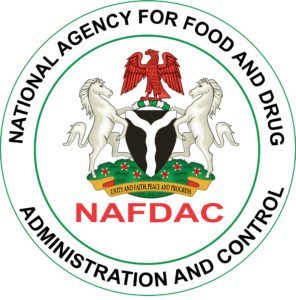
Mpox: Africa CDC writes African health ministers as cases hit 21,466
The Africa Centres for Disease Control and Prevention has written to African Ministers of Health regarding the Mpox outbreak and the need for a comprehensive approach to properly diagnose and manage the health condition.
The letter, signed by Dr Jean Kaseya, Director-General of Africa CDC, was dated 23 August 2024 and titled “Update on the Mpox Outbreak in Africa.”
On 13 August 2024, Africa CDC declared Mpox a public health emergency of continental security, acting under its mandate to address significant public health threats.
The letter disclosed, “From 1 January 2024 to 23 August 2024, a total of 21,466 Mpox cases (3,350 confirmed; 18,116 suspected) and 591 deaths (case fatality rate: 2.9%) have been reported from 13 African Union Member States: Burundi, Cameroon, Central African Republic, Congo, Côte d’Ivoire, Democratic Republic of Congo, Gabon, Liberia, Kenya, Nigeria, Rwanda, South Africa, and Uganda.
“While I am writing this letter, Gabon has confirmed its first case, and Sierra Leone and Malawi are now testing their suspected cases.”
He stressed that a negative test result in the laboratory does not rule out the possibility of a Mpox outbreak, adding that the centre is working closely with AU Member States, the World Health Organisation, and various partners on preparedness and response activities.
“Some of you have reached out to us, especially when laboratory tests are negative for Mpox. To better advise you, the Africa CDC has consulted with top African and international epidemiologists and lab experts, including those from the US CDC, China CDC, Europe CDC, and WHO.
“The conclusion is that relying solely on laboratory test results for diagnosing Mpox is not advisable. We need a holistic approach that integrates laboratory testing with clinical assessment and epidemiological data essential for accurately diagnosing and managing Mpox,” he stated.
According to him, the diagnosis and management of Mpox should involve a comprehensive approach considering clinical presentation, epidemiological context, history and risk factors, laboratory testing, follow-up, and monitoring, as well as differential diagnosis.
Kaseya noted that Mpox testing can sometimes yield negative results even when the disease is present due to factors such as the timing of sample collection and the type of sample collected.
He identified several challenges, including low domestic resources from member states, the fact that only three African countries have approved the use of Mpox vaccines (Nigeria, South Africa, and DRC), sub-optimal
communication activities to raise public awareness and sensitise them about vaccine use, and the increasing demand for vaccines by Western nations alongside monopolistic vaccine manufacturing.
The Africa CDC boss warned that “there is a serious risk that Africa will not be considered in the distribution of vaccines and other medical countermeasures if African leaders do not unite strongly to advocate in the fight against this disease.”
He also highlighted the significant threat of cross-border virus circulation affecting previously non-endemic countries, inadequate diagnostic capabilities leading to a testing rate of around 18% in some countries, and insufficient surveillance systems causing under-detection and notification of cases. He mentioned the risk of Western countries imposing travel restrictions on Africa if the outbreak is not taken seriously by leaders and communities.
He noted that the African Incident Management Team (Africa CDC, WHO, UNICEF, MSF, CEPI, Wellcome Trust, Gavi) will work with all countries to ensure that each affected country and those at risk of Mpox have updated response and preparedness plans.




